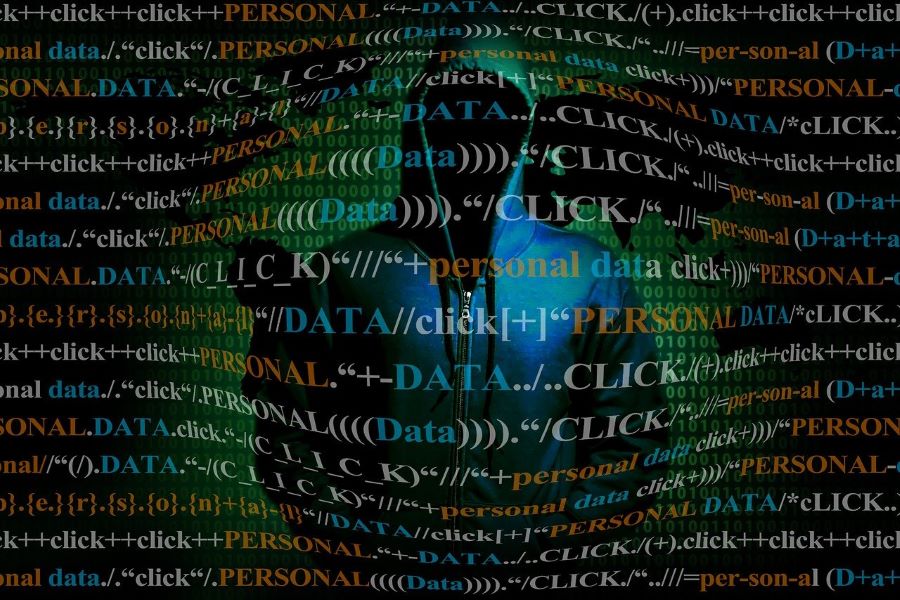Another day, another data breach.
It seems like every other week that some big company announces they’ve been hacked (seriously, hospitals – heard of a firewall?). Entire databases of private, confidential information are sent into the digital wild more frequently than Trump changes his mind. And, the sad part is, the individuals who’ve been compromised often suffer as much as the entities who let it happen.
A good PR campaign and said company can get back on their feet. Know who can’t? The affected parties who now must recover financially, emotionally, and socially.
Financial Impact: Immediate and Hidden Costs
When people think about breaches, the first implication they consider is financial – rightfully so, as the immediate effect is usually on your pocket.
Fraud, loans and damaged credit:
Criminals don’t even need actual money to run wild – just your card details are enough of a launching pad. How so? Here are some ways:
- They may start fraudulently purchasing gift items, electronics, or crypto before you’re even aware of it.
- Many criminals take out excessive loans linked to another account using stolen identities. The victim only finds out once collection is due.
- On a smaller scale, quick cash-outs via e-wallet, ride sharing, and even food delivery accounts are also small ways victims have been hit.
Think it’s not relevant? Let’s look at the history:
An Equifax breach exposed the personal information of 147 MILLION people in 2017. Most of these victims later reported fake loan approvals and fraudulent credit card applications within a matter of days. And, even if the matter is eventually resolved, you can’t put a price on the stress, hours lost waiting on hold, or any residual damage to your credit score.
Identity theft — a long‑term risk:
Unlike a wallet, you can’t just “get a new” digital identity. Once your data is compromised, criminals can use it for decades. Think credit fraud, tax fraud, or even medical identity theft for prescription drugs.
The knock-on effect of these breaches is immense. They can impact on your ability to rent, apply for loans, and in some cases even find jobs.
The human cost — stress, relationships and reputation:
Everyone talks about Data breaches numerically, but what the victims go through is often overlooked. Many victims have to live with the daunting reality of:
- Mounting anxiety as they log in and out of their banking app. Repeatedly.
- The uncertainty of not knowing whether your info has been stolen.
- The pain of repeatedly explaining your situation to strangers.
Think sleepless nights, relationship stress, and a never-ending daunting feeling. Cybercrime steals more than data – it takes away peace of mind.
Privacy harms that money can’t fix:
Many breaches expose extremely sensitive information. Think dating apps, health records, or your browser history (shudder).
And, unlike credit cards, your bank can’t (eventually) undo this one.
- Ever heard of Ashley Madison? They were Tinder before Tinder. Until, one day, users were blackmailed with threats to expose their private activity. You can imagine how this went down.
- Or spare a second to think about health-related breaches – and how stigmatised patients can feel when their conditions become public.
Some impacts transcend monetary value – they can damage reputations, careers, respect and relationships.
The problem with a breach is often the delayed effect. Cybercrime has a long tail, and slow burning effect. Once your Data is sold on the dark web, it stays there. In fact, it can even be resold, and repeat issues emerge for multiple years.
What to do right now if your data’s been breached
But enough fearmongering, what can we do if we find ourselves compromised? Here’s an easy guide:
- Change your passwords. Immediately. ALL of them.
- Enable your multifactor authentication (MFA).
- Verify whether your email has also been leaked (use sites like “have I been pwnd” – you can even do it now).
- Monitor your bank accounts (and notify your bank).
- Temporarily freeze your credit file.
- Double-check any calls, emails, or texts asking for information.
You can’t simply measure the true cost of a Data breach via a spreadsheet. The price you pay is intangible, and how do you quantify a lifetime of looking over your shoulder?
Act now – protect your data
Companies can move on – but victims carry the burden even once the headlines fade. This is why taking your cybersecurity seriously is no longer optional. It’s necessary. Because, in today’s digital world, your bank account isn’t your most valuable asset – your data is.
You can’t undo every breach, but you can limit the damage. Change passwords, enable MFA, keep an eye on your accounts and use reputable security tools. Treat data protection as essential because your information is often more valuable than the cash in your account.
Get immediate protection with Norton from Vox.
FAQs
What immediate steps should I take after a breach?
Change passwords, enable MFA, check Have I Been Pwned, notify your bank, and consider freezing your credit.
How long can identity theft affect me?
It can last years. Stolen data can be resold and reused, so ongoing monitoring is essential.
Will my bank always refund fraud losses?
Not always. Many banks will help, but you still face time spent on disputes and potential credit impacts. Report fraud immediately.
Can consumer security software really help?
Yes. Reputable suites (like Norton 360 offered through Vox) reduce your risk of phishing, smishing and device compromise and include privacy tools and 24/7 support.



















